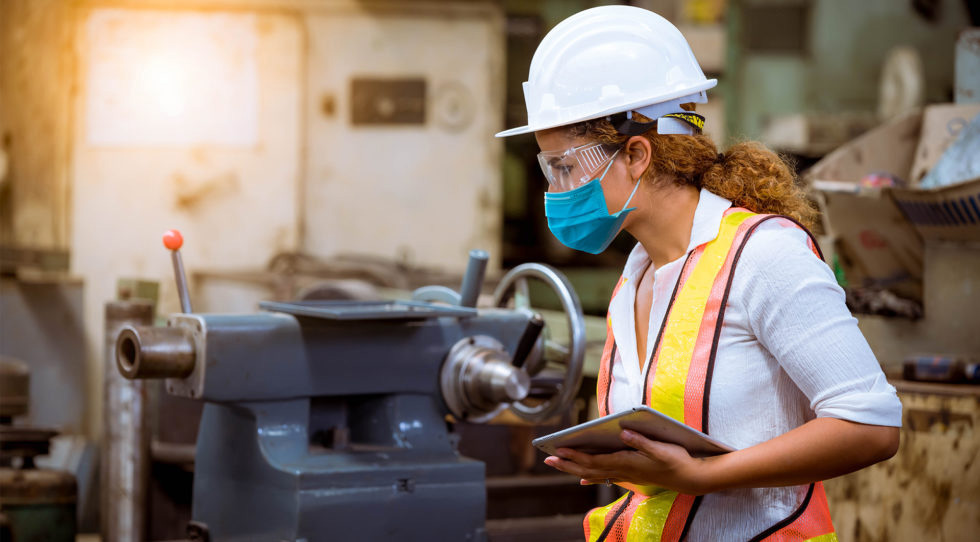How IoT can help with worker compensation
- November 22, 2021
- Steve Rogerson

Insurance company Nationwide has teamed up with New York-based industrial IoT wearables maker Kinetic to offer workers compensation for work-related injuries.
“Our commitment to foster safe environments for the industrial workforce is expanding,” said Haytham Elhawary, Kinetic CEO. “Beyond providing employers proven safety technology to reduce injuries, we’re now also providing one of the first technology-led, proactive workers comp insurance offerings in the industry.”
In partnership with Nationwide’s environment and safety division, the company has set up Kinetic Insurance to act as a programme manager to provide workers compensation insurance to employers in safety-critical industries. The team is working directly with Kinetic Insurance appointed agents to offer coverage from one of the largest national insurance brands.
Traditionally, workers compensation has been a reactive process, with employers trying to determine what went wrong after a claim was filed. But this proactive approach aims to help change the way workers move on a daily basis to prevent workplace injuries before they happen. This is done by equipping policyholders with wearable technology that can reduce injuries by 50 to 60%, at no extra cost.
“With this tech-driven, proactive approach, companies experience both a safer workforce and premium savings,” said Elhawary. “Workers wearing the devices have less ergonomic injuries. In turn the company files less claims and policyholder premiums go down. We also have a dividend plan to reward policyholders with low losses.”
He said the company wanted to improve the lives of frontline workers and had a goal to reduce one million injuries in the next decade.
“And we believe expanding how many workers wear our product gets us closer to that goal,” he said. “My hope is that by pairing our wearables with workers comp policies, we make the tech more accessible and affordable to companies who otherwise may not have the resources for this kind of safety programme.”
While Fortune 500 companies have been using wearables to increase their safety programmes, to build their safety culture and to reduce their injury rates, mid-market companies have not had the same access. By including it in workers compensation policies, which companies have already budgeted for, more frontline workers should get to wear the device.
“They will feel better and be more productive, which ultimately benefits everyone,” said Elhawary. “From the early days at Kinetic, Nationwide really believed in our vision of leveraging the latest advances in wearables and AI to prevent injuries in the workplace.”
That belief led its venture capital arm to invest in the company on numerous occasions.
Policyholders can have peace of mind with a policy backed by a big national brand, and they get benefits such as better claims handling and easier online account access. Appointed agents can offer a Nationwide-backed policy that provides A+ rated paper, brand recognition and loss control.
“We’re specialising in a wide range of safety-critical industries, where our wearable tech has significantly reduced injuries among frontline workers,” said Elhawary.
This includes wholesale and warehousing, parcel delivery, light manufacturing, car dealers, healthcare specifically nursing homes and assisted living, restaurants, and agriculture. The initial launch is in California with plans to extend it across the USA.





